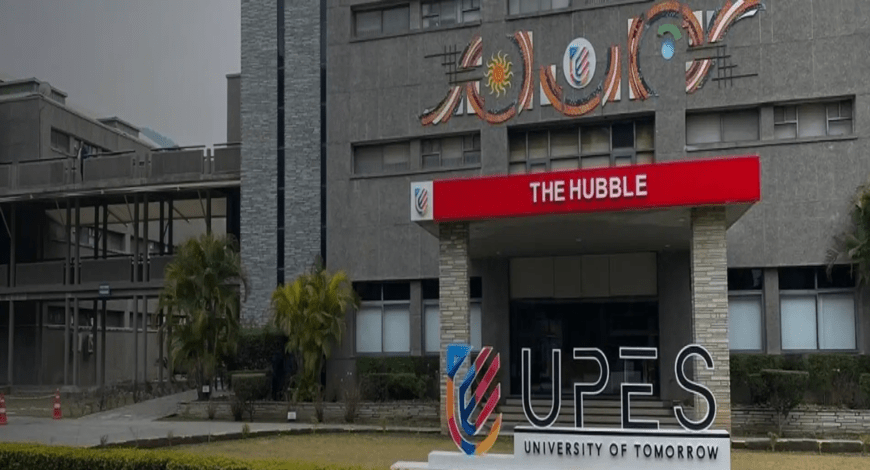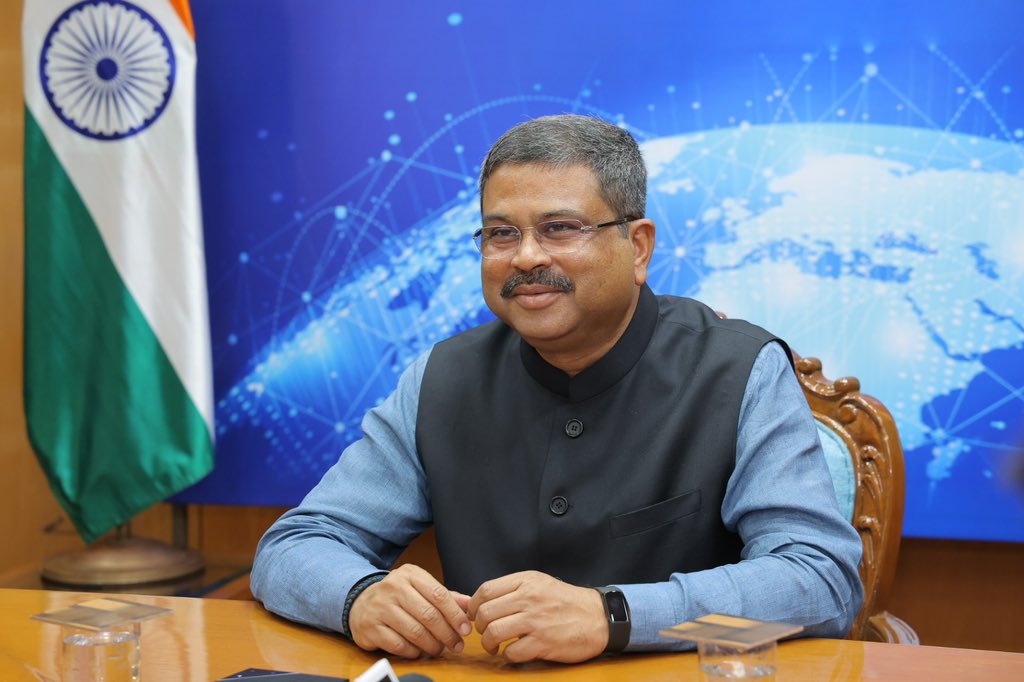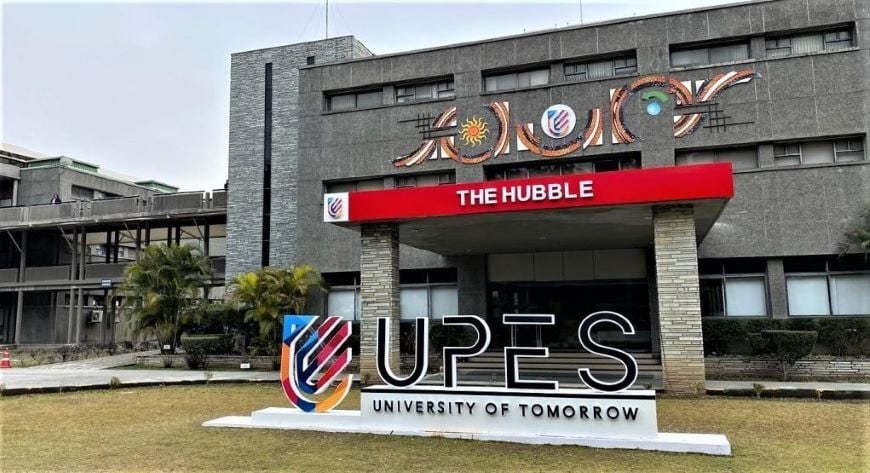To promote Internationalisation of Indian Education, National Education Policy (NEP), 2020 stipulates various measures, which inter alia include facilitating research / teaching collaborations and faculty /student exchange with high-quality foreign Higher Education Institutions (HEIs); signing of relevant mutually beneficial Memorandum of Understanding (MoUs) with foreign countries; encouraging high performing Indian universities to set up campuses in other countries; facilitating selected universities e.g. those from among the top 100 universities in the world to operate in India; setting up of International Student Office at each Higher Education Institution (HEI) for welcoming and supporting students arriving from abroad; and promoting courses and programmes in subjects, such as Indology, Indian Languages, AYUSH systems of medicines, yoga, arts etc.
In line with the recommendations of NEP, 2020, several measures have been initiated to strengthen Internationalization of the Higher Education, such as:
- The University Grants Commission (UGC) has issued Regulations on Academic Collaboration between Indian and Foreign Higher Educational Institutions to offer Twinning, Joint Degree and Dual Degree Programmes on 02.05.2022.
- University Grants Commission (UGC) has issued Guidelines for Internationalisation of Higher Education on 29.07.2022. The guidelines call for establishment of the Office for International Affairs in Higher Education Institutions (HEIs) as a single point of contact for facilitating foreign students and promoting internationalisation.
- World-class foreign universities and institutions will be allowed in the Gujarat International Finance Tec-City (GIFT City) to offer courses in Financial Management, FinTech, Science, Technology, Engineering and Mathematics free from domestic regulations, except those by International Financial Services Centres Authority (IFSCA) to facilitate availability of high-end human resources for financial services and technology.
- These initiatives will provide global exposure to students for multidisciplinary education with an internationally relevant curriculum and quality education. It will attract foreign students and improve the standing of Indian universities as internationalisation is an important parameter in rankings.
In order to reduce the gap between modern and traditional education, the Indian Knowledge Systems (IKS) Division of Ministry of Education has been undertaking several initiatives including IKS internships for the undergraduate students.
The information was given by the Minister of State for Education, Dr. Subhas Sarkar in a written reply in the Rajya Sabha today.



